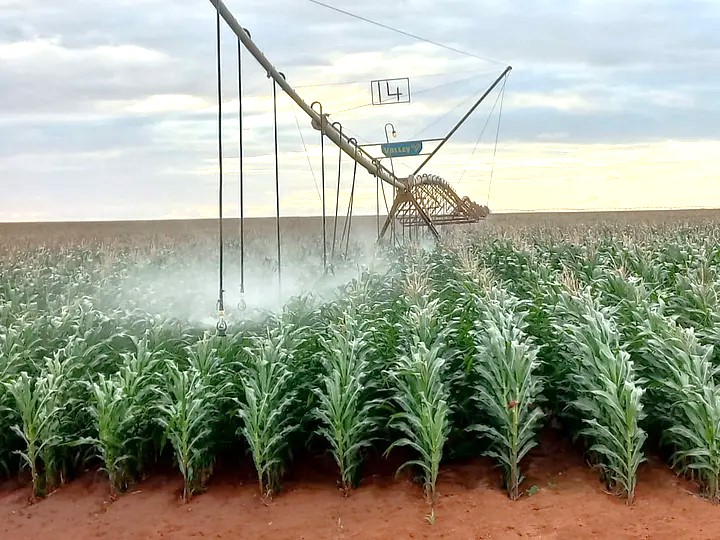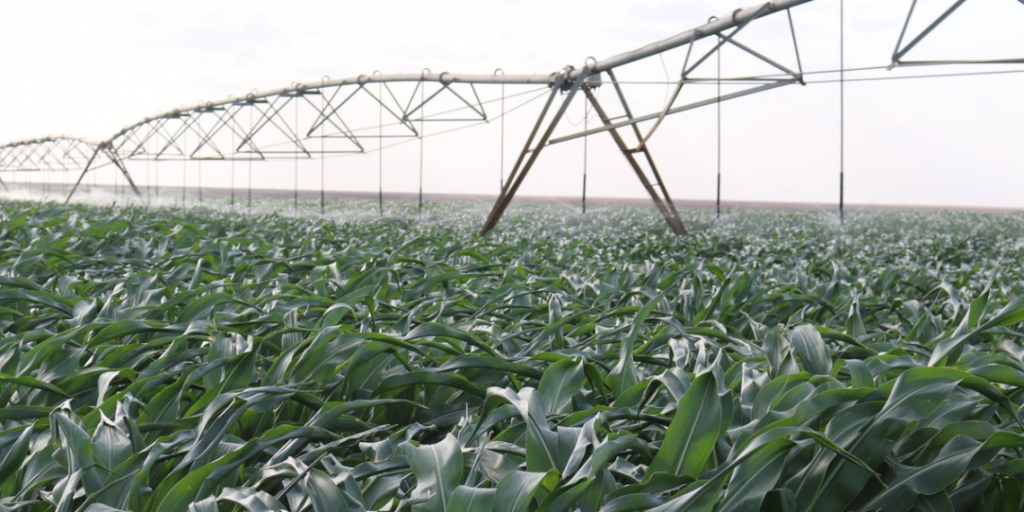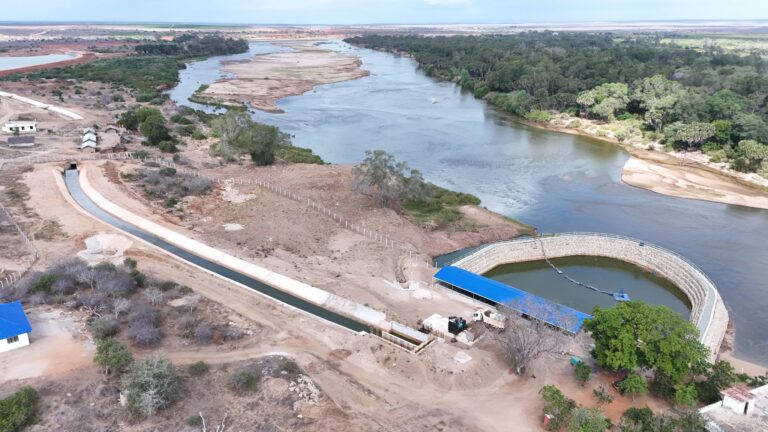By Peter Njonjo
In 2015, we had just closed our first round of financing at Twiga, and I set out to Israel to learn how to ripen bananas at a commercial scale. What I learnt during that trip transformed my thinking in many ways, in agriculture, the soil really does not matter, it is just a medium to hold the plant and as a farmer, you give the plant what it needs! I came back to Kenya, dreamy eyed, wanting to figure out how we could use technology to integrate food supply chains, from production to consumption, scaling commercial farming in the process, and making a real dent on the food security challenge.
On the journey to fulfill the audacious vision of food security, I encountered the world of Venture Capital, when the market was red hot, it was about rapid growth and dizzying valuations, a world that allowed you to re-imagine an entire industry and secure the funding to bring that world to life. The industry we set out to transform using technology was informal retail, where billions of dollars are transacted annually across urban cities in Africa, through very inefficient supply chains. Between the three leading retail e-commerce players in Kenya, Wasoko, Copia and Twiga, we raised well over half a billion dollars to secure this opportunity.

A lot of investment was making its way to the downstream side of the retail supply chain, building apps, modernizing logistics and building state of the art distribution centers, but 50% of everything sold in retail across many African countries, Kenya included is still food, but little investment was going to the transformation of farming. Agriculture is circa 22% of Kenyan GDP, but less than 3% of bank lending goes to the sector, because its seen as risky and informal. I needed to find a way to channel investment into production of food, because without the modernization of farming, local production will continue struggle in meeting the demands of a fast growing and young population, leading to escalating food imports, in a world with increasing disruption of traditional supply chains, like the grain supply chain impact the Ukraine war has had on many African countries.
Against this backdrop, I managed to convince my Board at Twiga to invest in a state-of-the-art farm, focused on tomatoes and onions, where importation had steadily been growing from neighboring countries. Just to give an idea of the challenge, bulk of the onions in Nairobi come from Tanzania, and in the last few months of 2023, when Tanzania stopped the export of onions to Kenya, the wholesale price for a kilo moved from Kshs 50 to over Kshs 200. Farming with venture capital was tough, we learnt a lot, from the successes we had and the mistakes we made, and I sincerely thank my then Board members at Twiga for having the courage to make this investment. The experience, however, felt like building a tolled road on a 50-year concession with a bank overdraft facility.
However, our toils in transforming farming were being recognized by governments across Africa that were keenly watching our progress, the Ivorian government reached out to Twiga, wanting the Company to localize the supply of onions, which were mainly imported from the Netherlands and the Kenyan government did the same, keen to explore the transformation and commercialization of the Galana Kulalu Food Security project, focusing on maize, which was getting out of reach to the average consumer, due to supply chain shocks.
At Twiga, we looked at both farming opportunities and it was decided that due to other pressing demands, the Company did not have the capacity to execute this. I was torn because this was the single biggest opportunity to make a dent on modernization of farming, a big audacious vision I had set for myself. I sadly had to let go of the opportunity in Cote D’Ivoire, but I asked my board that I find a way around the Kenyan opportunity. The words, “If It’s Meant to Be, it’s up to Me” kept ringing in my head, and late one evening, after deeply meditating on my conundrum, I made the decision to personally invest in developing the Galana Kulalu Food Security project.

I picked a company I had registered a few years back, by the name of Selu, which means Giraffe in the Samoan language, I put a team together, of Kenyan agronomists, together with subject matter experts with global experience on larger scale commercial farming and they got working on the project. I believe we are well on our way to transforming the farming of maize in Kenya.
In the meantime, I was going through a rollercoaster ride in my Twiga CEO role. I managed to lead the development of a strategy that all shareholders could align on, and the two largest shareholders led a $35Million financing round that closed in November 2023, which I also invested in. Twiga was now in a good place, but I was burnt out. I decided to step down as the CEO and a Board member.
I now want to focus on being an entrepreneur and an investor, but the amount and type of publicity my decisions have received has been quite a surprise. I believe in life, we all must find our “raison d’etre” our reason for being, and when you find it, pursue it diligently. When you find your raison d’etre and chose to pursue it, you are also making the decision to step into the arena, where you will have naysayers in the spectator stands, shouting what you should or should not do, but, as you stand against your adversaries, only you can master the inner strength to continue fighting. So, fight on, fight for your raison d’etre!
Peter Njonjo is the Founder of the Selu Group, co-founder of Twiga, Shara Inc. and an angel investor to a handful of start-ups.



